
Getting started with a vegetable garden doesn’t need to be overwhelming or complicated. Every plant has its peculiarities, and a few smart strategies can make everything smoother. The process is hands-on, satisfying, and surprisingly addictive once you see results. So, let’s take a look at the 10 actionable tips that will help you turn ordinary soil into a thriving garden full of fresh, homegrown veggies.
Choose The Right Location For Sunlight
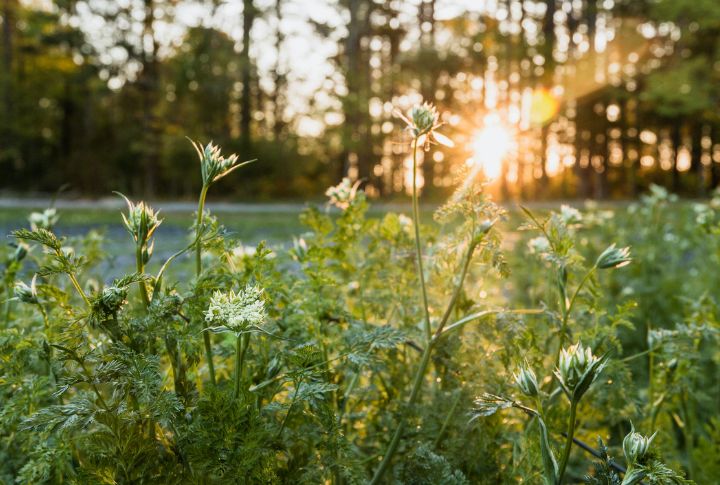
Here’s the thing about sunlight: most vegetables are basically sun addicts. They need at least six hours of direct sun every day. Got a south-facing spot? It’s perfect for tomatoes and peppers. Eastern areas work great too, especially for lettuce and kale that don’t love intense afternoon heat.
Test And Improve Your Soil First

Get your soil tested first. It changes everything about how you prepare your garden. Mix in some organic compost to boost fertility, keep your veggies away from sneaky tree roots, and make sure water drains properly. Do all that, and you’ll see your plants thrive like never before.
Start Small To Avoid Overwhelm
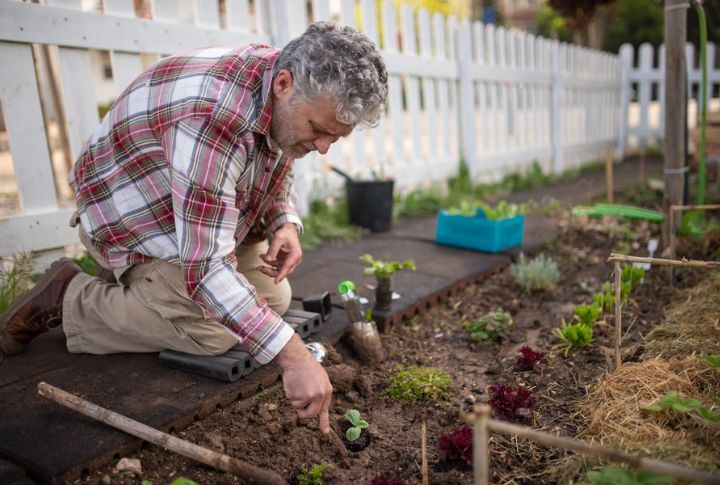
New gardeners should resist the urge to create massive gardens right away. A small plot allows better focus on proper plant care and maintenance without becoming overwhelming. And the controlled size makes it easier to prevent weed problems, yet still grow enough vegetables for regular harvests.
Pick Easy-To-Grow Vegetables
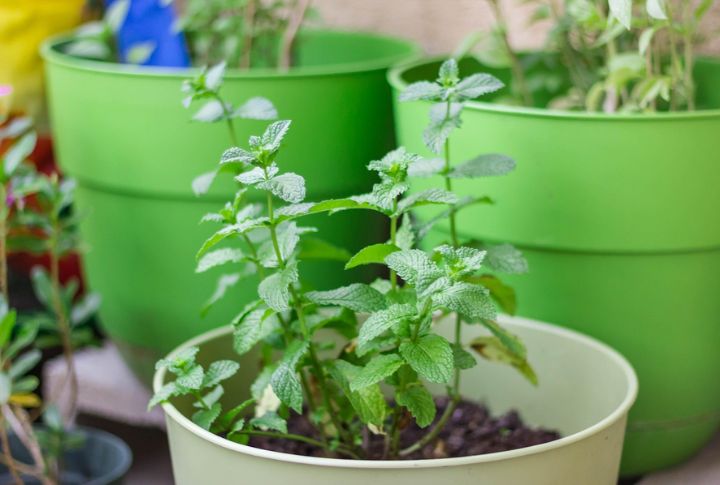
Beginners might want to focus on vegetables that match their garden’s conditions. Leafy greens like lettuce and spinach only need four hours of sunlight, while root crops such as carrots need five to six hours. Herbs like mint are also pretty low-maintenance and actually do well even if they only get a bit of shade.
Plan Your Planting Season
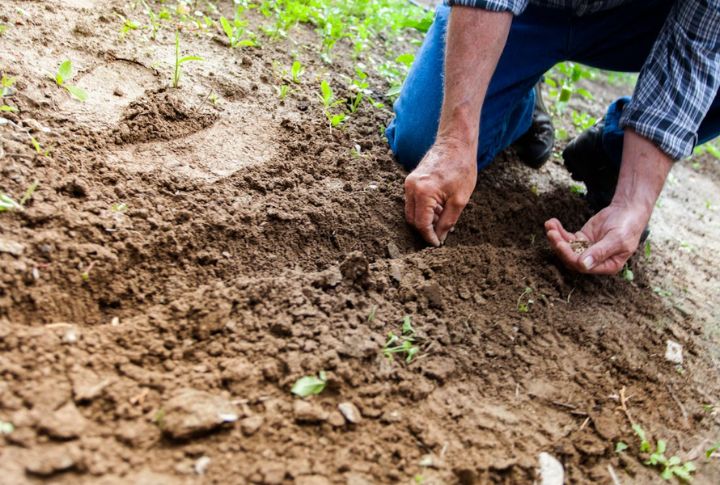
Instead of planting everything at once, try staggering your seeds. This way, you’ll enjoy fresh harvests for weeks instead of one overwhelming pile. When one crop finishes, pop another in its place to keep your garden productive. Planting in the right season also helps keep pests under control naturally.
Use Raised Beds For Better Control
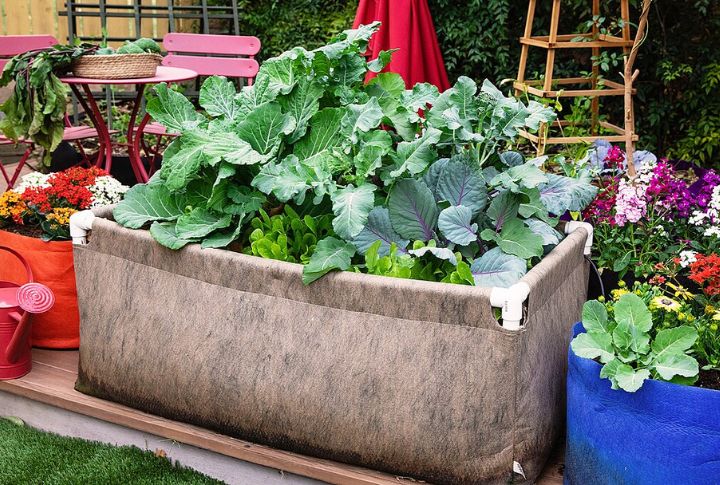
The secret to better vegetable gardening often lies in raised beds. These practical growing spaces prevent waterlogged soil and give you full control over soil quality. Whether made from wood, stone, or recycled materials, raised beds elevate your garden, making it easier to plant and harvest your vegetables.
Water Consistently And Correctly
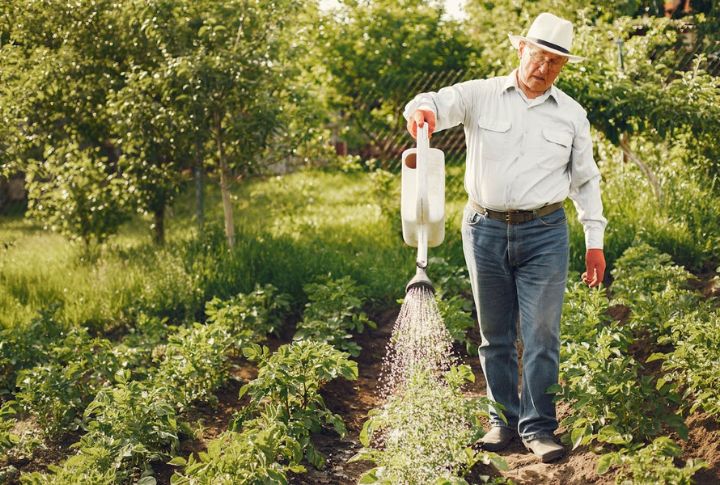
Your vegetables need reliable access to water for healthy growth. The best time to water is early morning, which prevents fungal issues by letting leaves dry naturally. Plus, place your garden close to a water source, and consider installing a drip system for efficient, consistent irrigation.
Add Mulch To Protect Your Plants
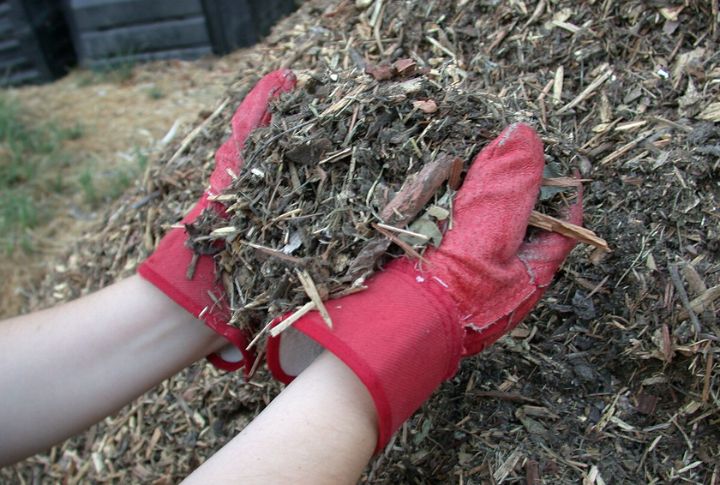
Mulch acts as your garden’s protective shield against various challenges. By spreading organic materials such as straw or fallen leaves around plants, you’ll conserve soil moisture and fight off pesky weeds. This mulch layer helps stabilize soil temperatures and gradually breaks down to feed your garden naturally.
Use Natural Pest Control Methods
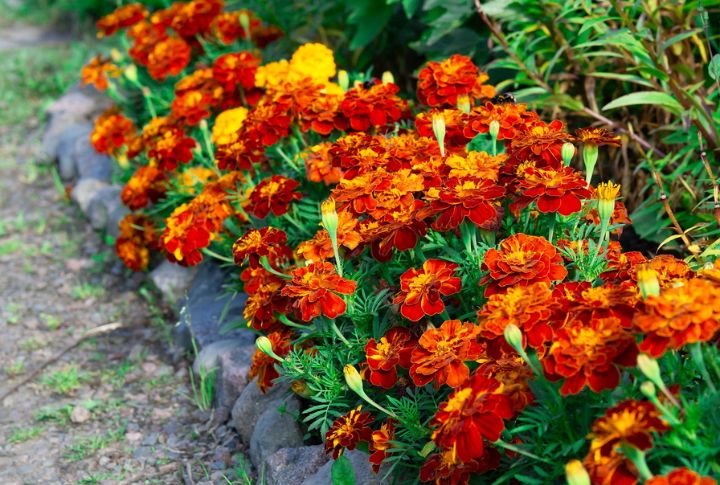
You can keep your garden healthy without chemicals. Plant certain companions together—marigolds, for example, naturally repel unwanted worms and insects. Invite helpful insects too, like ladybugs, which feed on harmful pests. These little helpers feast on harmful pests, which makes your garden healthier and gives your vegetables a better chance to thrive.
Harvest At The Right Time
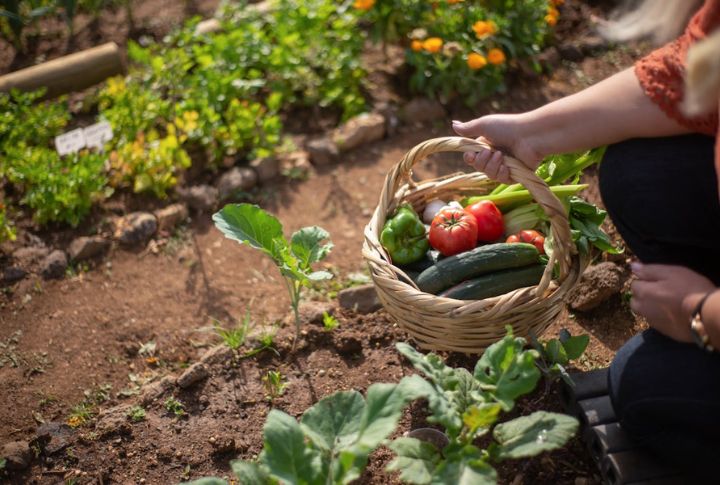
Timing makes the difference between good and exceptional vegetables. The early morning hours offer the perfect window for harvesting crisp, moisture-rich produce. Your plants will produce more bounty when harvested regularly at the right time. This way, you can enjoy continuous yields from your greens.

